ABUJA — A diplomatic storm is brewing as the United States Congress advances a bill that could impose sweeping sanctions on twelve governors, senior judges and prominent traditional rulers in Nigeria’s northern states for alleged complicity in the persecution of Christians and other religious minorities. The proposed legislation, known as the Nigeria Religious Freedom Accountability Act of 2025, is sponsored by Republican Senator Ted Cruz and seeks to categorise Nigeria as a “Country of Particular Concern” (CPC) due to what lawmakers describe as systematic religious‐freedom violations under northern states’ Sharia and blasphemy laws.
Former U.S. President Donald Trump ignited the process when he publicly lamented the killing of thousands of Christians in Nigeria and instructed the Secretary of State to act without delay. He posted on Truth that thousands of Christians were being killed, asking Congressman Riley Moore and House Appropriations Chairman Tom Cole to look into the matter immediately. The bill directs the Secretary of State to, within 90 days of passage, submit to Congress a list of Nigerian officials—including governors, judges and monarchs—who “promoted, enacted or maintained blasphemy laws or tolerated violence by non-state actors invoking religious justification.”
If enacted, the bill would employ the powers of Executive Order 13818 — the Global Magnitsky Human Rights Accountability framework — to impose sanctions including visa bans, asset freezes, and financial restrictions on designated individuals. According to the bill’s findings, since the adoption of Sharia penal codes by northern states, more than 52,000 Christians have been murdered, over 20,000 churches and faith institutions destroyed, and dozens of villages wiped out.
The legal basis of the concern dates back to the Federal Government’s 2020 designation of Nigeria as a CPC, prompted by “systematic, ongoing and egregious violations of religious freedom” including violent attacks by Boko Haram and ISIS‑West Africa, and ethno-religious conflicts. The northern states affected by expanded Sharia jurisdictions include Zamfara, Kano, Sokoto, Katsina, Bauchi, Borno, Jigawa, Kebbi, Yobe, Kaduna, Niger and Gombe.
The Nigerian government insists that its constitutional and legal framework fully protects freedom of religion and conscience. In an official policy note titled “Nigeria’s Constitutional Commitment to Religious Freedom and Rule of Law,” the Ministry of Foreign Affairs highlighted the constitutional guarantees in the 1999 Constitution (as amended) which forbids adoption of a state religion (Section 10), guarantees freedom of thought, conscience and religion (Section 38), and prohibits discrimination on grounds including religion (Section 42). The note emphasised that Sharia in Nigeria is not a nationwide compulsory system, applies only to Muslims in certain states for criminal law, and non-Muslims are not subject to it.
Civil society organisations and diplomats warn of serious implications should the U.S. proceed with sanctions. A former Nigerian ambassador to Algeria and Portugal cautioned that a CPC designation and related sanctions could reduce U.S. aid, hamper military cooperation, and scare away foreign investors. Without such external support, Nigeria may face major setbacks in its security, development and diplomatic engagements.
Religious bodies are divided. The Christian Association of Nigeria (CAN) blames the Nigerian leadership for failing to act decisively against the killings and human-rights violations, calling the U.S. move an opportunity for correction. Meanwhile the Muslim Rights Concern (MURIC) says the threat of U.S. military escalation should be seen as directed at terrorist groups rather than Nigeria’s Muslim population, warning that any strike on civilians or places of worship would amount to aggression.
As the controversy escalates, the Presidency announced that President Bola Tinubu is expected to meet with his U.S. counterpart in the coming days to discuss counter-terrorism cooperation and address misconceptions about the nature of attacks in Nigeria. His special advisers highlighted Nigerian efforts to combat insurgency across faith lines, and affirmed the country’s dedication to protecting all religious communities.
Experts suggest this is a crucial moment for Nigeria’s foreign policy and internal governance. Diplomacy, institutional reform and credible action on religious freedom are widely regarded as needed to mitigate lasting damage to Nigeria’s international standing.


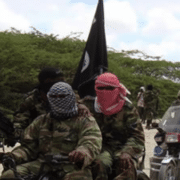
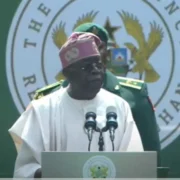
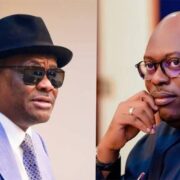
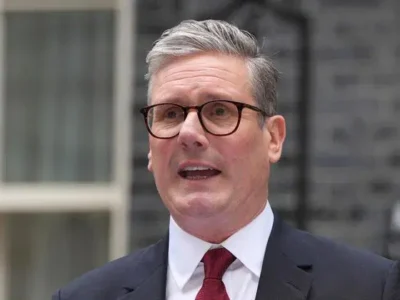
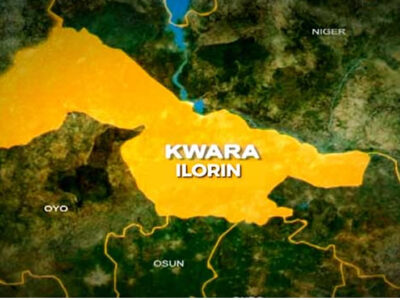
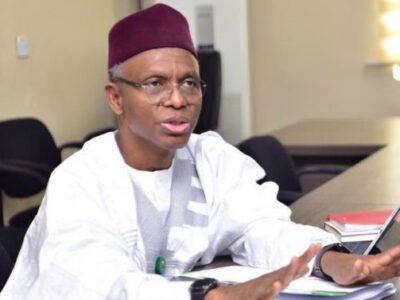
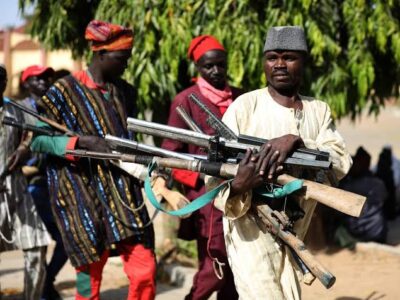









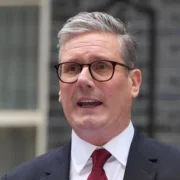
Comments